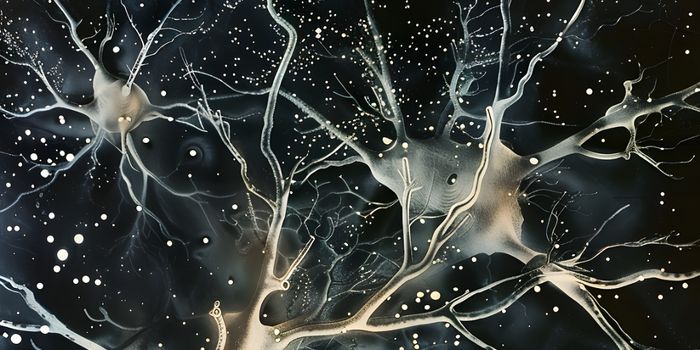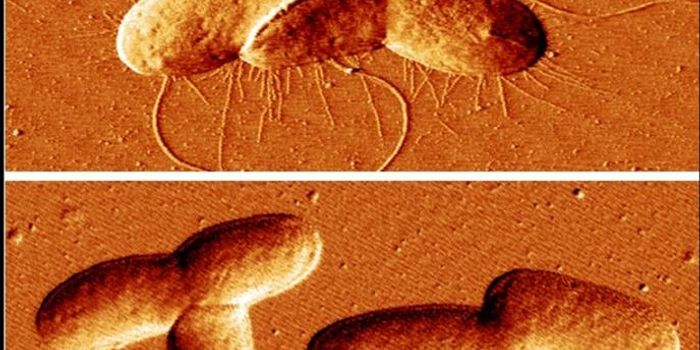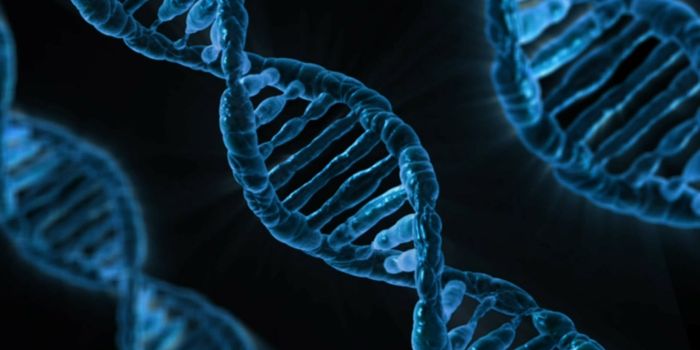Sugar's Appeal Lies in a Circuit That Connects the Gut & Brain
When we consume sweet, sugary foods, it activates taste buds on the tongue. We also know that sugar has a powerful effect on the brain; new research may help explain why that happens. Scientists have shown that sugar can trigger a neurological pathway that starts in the gut and goes straight to the brain. The work has been reported in Nature.
Scientists led by Howard Hughes Medical Institute Investigator Charles Zuker found that in a mouse model, when sugar hits the intestines, signals are sent to the brain, where they promote cravings for more sugar. Experiments showed that this pathway only responded to sugar, not artificial sweeteners.
Zuker's group showed in 2008 that even when mice cannot sense sweet tastes, they still prefer sugary foods. This work may show why sugar has a unique effect and why it's so hard to satisfy sugar cravings.
"We need to separate the concepts of sweet and sugar," noted Zuker, a Columbia University neuroscientist. "Sweet is liking, sugar is wanting. This new work reveals the neural basis for sugar preference."
Sugar is a term used to describe a variety of chemicals that have a sweet taste, provide the body with energy, and activate mechanisms in the brain that make humans and mice feel good. That leads people to seek out sugary foods, which were once only available in limited quantities. But in the modern world, people can choose to consume vast quantities of sugar, which has also been added to myriad processed foods. In the late 1880s, the average American ate about ten pounds of the stuff in a year; that average has now risen to over 100 pounds. It's no surprise that metabolic diseases have also grown far more common.
While sugars and artificial sweeteners both activate the same system that senses sweet tastes, sugar has a behavioral effect that artificial sweeteners don't seem to have.
When the researchers gave mice a choice between the water spiked with the sweetener Acesulfame K (which is added to diet soda) or sugar, the mice started out consuming both but within two days, were selecting sugar water almost exclusively.
"We reasoned this unquenchable motivation that the animal has for consuming sugar, rather than sweetness, might have a neural basis," Zuker said.
The scientists observed brain activity after mice consumed sugar or the artificial sweetener, and identified a brain region that is responsive only to sugar. This area is called the caudal nucleus of the solitary tract (cNST), and is in the brain stem, separate from the area where taste is sensed. The cNST acts as a hub of information about the body's state. The scientists found that in the lining of the intestine, when sugar is sensed, a signal is sent from the vagus nerve directly to the brain.
This direct pathway from the gut to the brain prefers sugar in the form of glucose, and some other chemicals that are similar. Artificial sweeteners don't stimulate the circuit, which may explain why they can't fully displace sugar in the marketplace. Fructose, which is found in fruits, is also ignored by the pathway.
Though these studies were conducted in mice, Zuker is confident that a pathway that is essentially the same also exists in humans.
"Uncovering this circuit helps explain how sugar directly impacts our brain to drive consumption," he said. "It also exposes new potential targets and opportunities for strategies to help curtail our insatiable appetite for sugar."
Sources: AAAS/Eurekalert! via Howard Hughes Medical Institute, Nature










